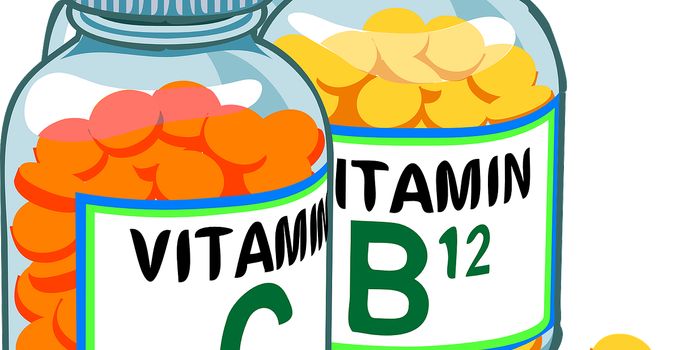Still a Way to Go Before AI Can Help Patients on Ventilators
Computers aren’t ever going to replace doctors completely. Instead, artificial intelligence (AI) has the potential to better support clinical work, assisting healthcare providers in making data-driven decisions to optimize outcomes for their patients. AI is particularly well suited for this task; machine learning algorithms can crunch massive datasets and calculate complex probabilities in a fraction of the time it would take a team of human experts to do the same.
Now, researchers say that AI may be a lifesaver when it comes to mechanical ventilation in critically ill patients. Mechanical ventilators are machines that help patients breathe during surgery or when they cannot breathe on their own because of their condition. A tube that serves as an artificial airway is inserted into the patient’s mouth and the central airway passage into the trachea.
A team of researchers led by Jack Gallifant from the Centre for Human and Applied Physiological Sciences reviewed over 1,300 published articles on the use of AI in healthcare settings. Of these, 95 focused specifically on AI to improve outcomes in patients requiring mechanical ventilation.
The researchers found that there has been a sharp uptick in the rate of publications about mechanical ventilation applications of AI in recent years. However, while interest in the field has clearly intensified, this shift has not been mirrored in real-world settings; AI is still rarely used in deciding which patients need mechanical ventilators in hospitals.
“Artificial intelligence has the potential to improve the management of mechanical ventilation therapy,” said Gallifant, adding that their research highlighted a need for improvements in some key areas. These include validating algorithms using more extensive datasets and minimizing bias. Together, these advances are predicted to help data science serve patients even better.
-
APR 30, 2024Immuno-Oncology Virtual Event Series 2024
-
MAY 07, 20243rd International Biosecurity Virtual Symposium
-
SEP 03, 2024Microbiology Week Virtual Event Series 2024
- See More


















































